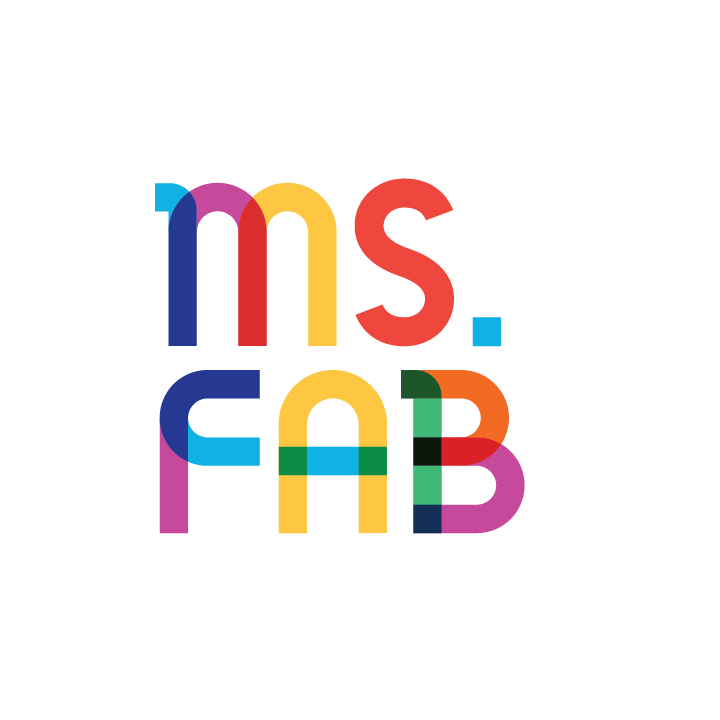The Metagame
Life is a series of games.
In school, we learn to play:
The status game. The grades game. The compliance game.
These games may help us beat the game of school, but won’t get us far in the real world.
To succeed in life, whatever that means to each of us, we need to learn to play a different game—one that plays to our strengths and gives us a competitive advantage.
The Metagame
"If you follow the norms of the system, the results you get are likely to be the norm. When you play a different game, a metagame, you have the opportunity to outperform.” —Shane Parrish
The metagame refers to the game about the game.
In this article, Shane Parrish describes the metagame as “a strategy that involves understanding the structural or unconscious reasons that things are the way they are.”
He uses Warren Buffett and Bill Belichick as an example of people who have played the metagame to create an advantage that others have a hard time matching.
Both Warren and Bill understand the difference between the games that everyone else is playing and the games that really matter. They are “successful,” each in their own way, because they play a different game.
At Synthesis, we want kids to play a different game.
The Metagame at Synthesis
At Synthesis, we think that you master the metagame by acquiring the set of tools, strategies, and techniques necessary to master any game.
Synthesis exposes kids to a variety of games because we don't want kids to be great at one particular game. We rather want them to understand and master the general principles of our “games” so that they can apply them to the game of life.
Then, by reflecting and connecting ideas across their experiences, kids learn the tools and strategies to win at any game. We secretly teach them the game of learning, and the game of loving to learn.
And that’s the metagame.
What could be more powerful than that?
I explore ideas like this in Fab Fridays, my newsletter on childhood education and new ways to learn.
Subscribe below!

